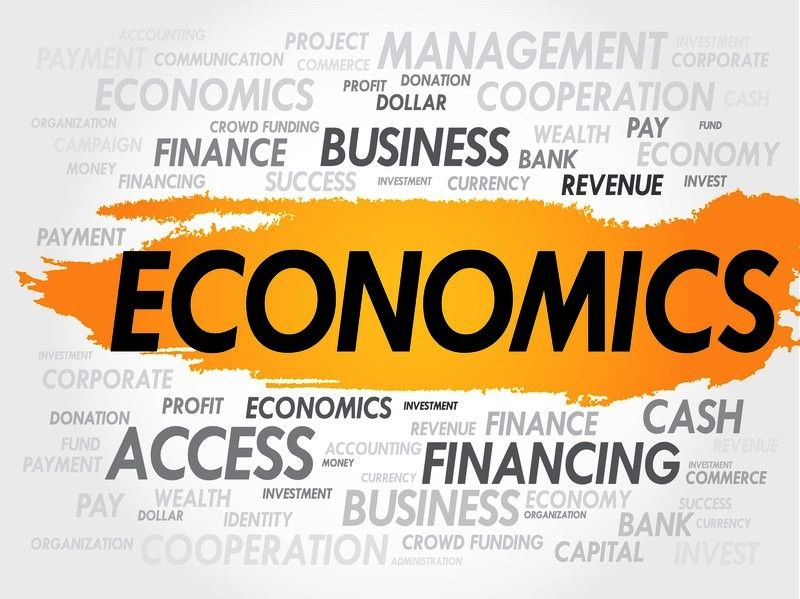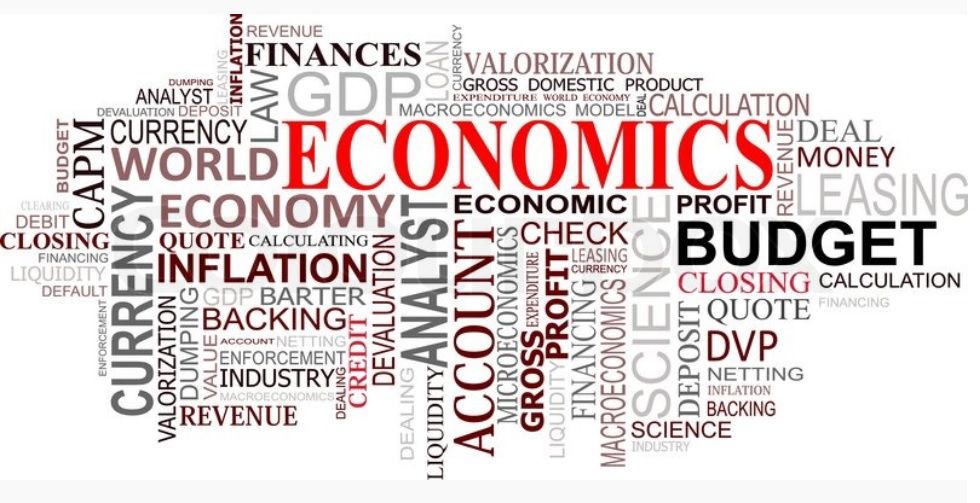Cambridge IGCSE Economics
The Cambridge IGCSE Economics syllabus develops an understanding of economic theory, terminology and principles. Learners study the economics of different countries and how these interrelate. They also learn to work with simple economics data and to use the tools of economic analysis. Learners apply understanding of economics to current economic issues. The Cambridge IGCSE Economics syllabus provides a foundation for further study, including Cambridge International AS & A Level Economics, or the equivalent.
Aims of the Syllabus
The aims are to enable students to:
• Know and understand economic terminology, concepts and theories
• Use basic economic numeracy and interpret economic data
• Use the tools of economic analysis
• Express economic ideas logically and clearly in a written form
• Apply economic understanding to current economic issues.

Syllabus
1. The basic economic problem
The first section of the syllabus introduces the fundamental ideas and concepts that underpin the study of economics including the basic economic problem, factors of production, opportunity cost and production possibility curves.
2. The allocation of resources
The fundamental principles of resource allocation are considered through the price mechanism in a market economy. The market forces of demand and supply, market equilibrium and disequilibrium, and elasticity form the core of this section.
3. Microeconomic decision makers
The microeconomy is an important area of study, and the approach to learning taken here is through the role of the major decision makers: banks, households, workers, trade unions and firms.
4. Government and the macroeconomy
Governments have different macroeconomic aims, and conflicts often arise between the choice of measures used to achieve them. Variables must be measured to consider the causes and consequences of change, and appropriate policies applied.
5. Economic development
As an economy develops there will be changes in population, living standards, poverty and income redistribution. Therefore, the effects of changes in the size and structure of population and of other influences on development in a variety of countries are explored.
6. International trade and globalisation
The importance of trade between countries and the growth of globalisation is explored. Principles such as specialisation, the role of free trade, the role of multinational companies, foreign exchange rates and balance of payments stability are considered.
Objectives of Assessment
1. Knowledge and understanding
Candidates should be able to-
• Show knowledge and understanding of economic definitions, formulas, concepts and theories
• Use economic terminology
2. Analysis
Candidates should be able to-
• Select, organise and interpret data
• Use economic information and data to recognise patterns and to deduce relationships
• Apply economic analysis to written, numerical, diagrammatic and graphical data
• Analyse economic issues and situations, identifying and developing links.
3. Evaluation
Candidates should be able to:
• Evaluate economic information and data
• Distinguish between economic analysis and unreasoned statements
• Recognise the uncertainties of the outcomes of economic decisions and events
• Communicate economic thinking in a logical manner.

Assessment
Paper 1
Multiple Choice 30%
30 marks
Candidates answer all 30 questions. Externally assessed
45 minutes
Paper 2
Structured Questions 70%
90 marks
Candidates answer one compulsory question and three questions from a choice of four. Externally assessed
2 hours 15 minutes
Want to improve your grades? Request for one to one online tutoring at Vidyalai.com with the best teachers. 100% money back guarantee. Signup now!